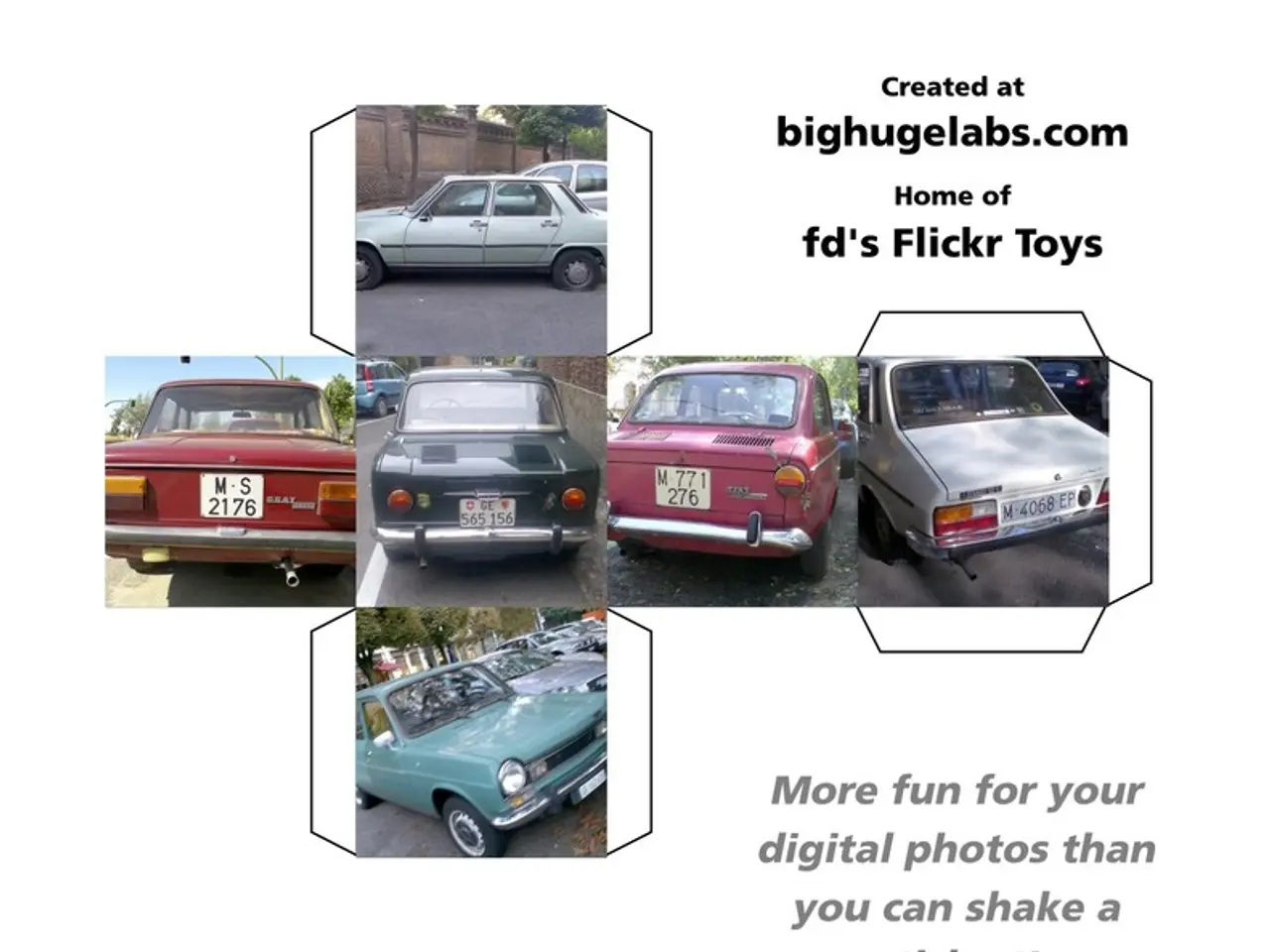Automotive Industry Leaders detail Urgent Actions Needed before Crucial Discussion with the European Union on Strategic Matters
The European Union is taking action to stimulate demand for zero-emission vehicles and heavy-duty vehicles, as part of a broader effort to address the crippling CO2 compliance fines for light-duty vehicles. This initiative forms part of the EU-wide purchase incentive scheme and the Automotive Industrial Action Plan.
In a recent statement, Benjamin Krieger, Secretary General of CLEPA, the European Association of Automotive Suppliers, emphasized the urgency for EU action to prevent the impending 2025 CO2 compliance fines for light-duty vehicles. He also highlighted the need for transparency on the availability of enabling conditions, particularly for heavy-duty vehicles, and the establishment of a regular 6-monthly monitoring system.
Sigrid de Vries, Director General of the European Automobile Manufacturers' Association (ACEA), has called for the Strategic Dialogue to deliver real impact, based on the recommendations of former European Central Bank President, Mario Draghi. Both de Vries and Krieger are among the key figures involved in the initial meetings of the Strategic Dialogue of the Automotive Industry and Suppliers.
The automotive industry is currently facing regulatory pressure, global competition, and weak vehicle demand, which are slowing business, reducing investment capacity, and impacting the workforce. In 2024, the automotive supply industry announced 54,000 job losses. To address these challenges, the priorities for the Strategic Dialogue have been defined in a joint paper, detailing essential short-, mid-, and long-term priorities for success.
Key short-term priorities include addressing the crippling CO2 2025 compliance fines for light-duty vehicles. To achieve this, there is a need to shift from a penalties-driven approach to a market-driven and demand-driven approach in the automotive industry. Accelerating reviews of CO2 Regulations for light-duty and heavy-duty vehicles, based on the assessment of enabling conditions and market realities, is also crucial.
In addition, the EU must urgently resolve the 2025 CO2 target compliance burden for light-duty vehicles to prevent penalties. The foundations of the automotive industry are eroding, and it is necessary for industry and policymakers to align and take decisive action for long-term technology-open regulations.
Moreover, the EU must assess the negative impact of trade tensions with the US and China on the EU automotive industry and propose ways to avoid them. The success of the Strategic Dialogue will not only benefit the EU's prosperity but also the stability of regional and local economies, as automotive suppliers are crucial to both.
As the Strategic Dialogue moves forward, it is hoped that the EU will take decisive action to address the challenges facing the automotive industry and pave the way for a sustainable, prosperous, and technologically advanced future. The initial meetings of the Strategic Dialogue are being called to focus on key short-term priorities, with the aim of defining the priorities for the Automotive Industrial Action Plan and ensuring its coherence with the Clean Industrial Deal.








